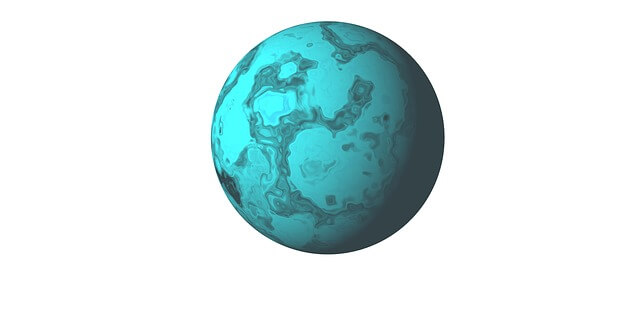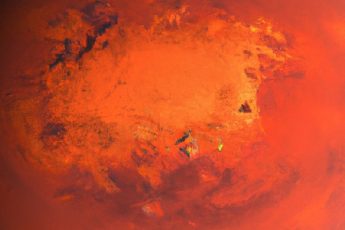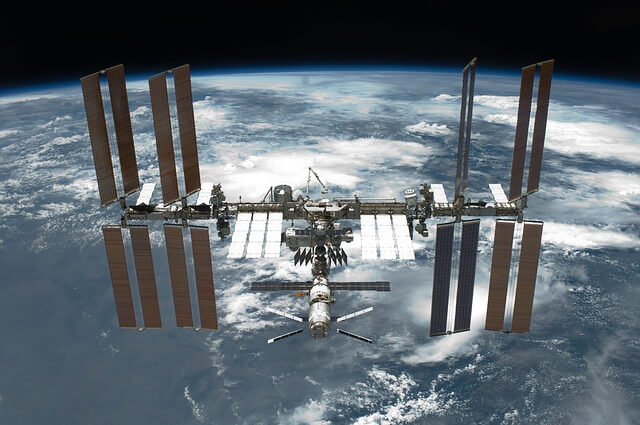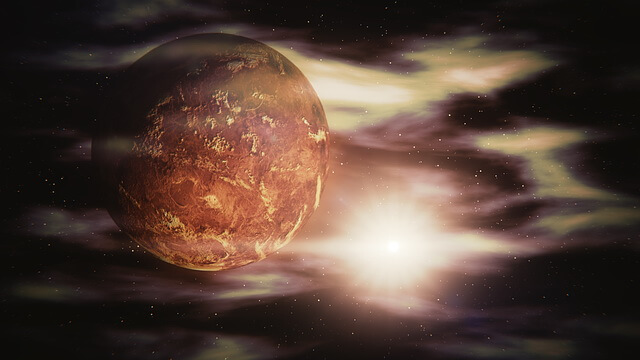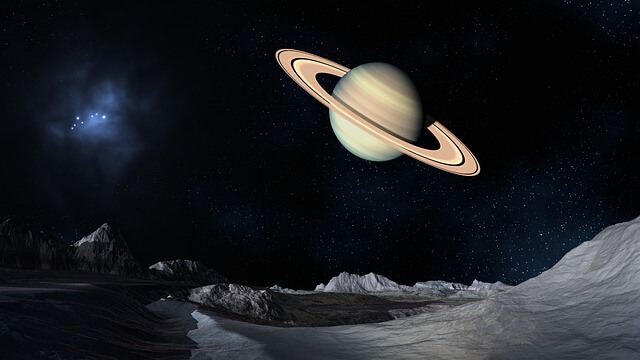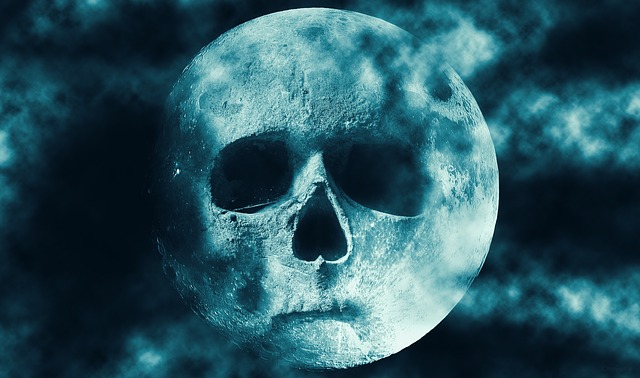An international group of scientists conduct observations on atmosphere of Uranus the using a telescope at the Gemini Observatory. The mentor of the group has been a researcher from Oxford University.
The researchers convincingly proved that hydrogen sulphide predominates in the upper layers of the atmosphere of Uranus. This colorless gas in particular released by rotten chicken eggs and it also smells like farts. The British scientific journal Nature published this study.
The question of the composition of the atmosphere of the seventh planet of the solar system has long occupied the minds of scientists. However, it was impossible to give an unambiguous answer because of the imperfection of the observation technique.
All the astronomers know that Uranus has methane, which, absorbing the light of the red part of the spectrum, gives the planet a greenish-blue hue. Previously, the space probe Voyager 2 also detected the presence of hydrogen and helium. However, the presence of other substances, such as water, ammonia or hydrogen sulfide, remained unproven. Strong cloud cover on the planet and its remoteness from the Earth, in particular, prevented from tracking them.
Uranus interesting facts
However, scientists conducted the necessary observations and detected hydrogen sulphide using a powerful telescope at the Gemini Observatory. “In the course of this research, we have come up with an absolutely innovative method of using a tool. It was originally created to observe areas around giant black holes located in the centers of distant galaxies,” said the research leader Patrick Irwin.
He also states:
If a certain person, who we can only sympathize, ever decides to descend through the clouds of Uranus, he or she will be in a rather unpleasant and fetid atmosphere.
The predominance of hydrogen sulphide in the upper layers of the atmosphere of Uranus, according to scientists, sharply distinguishes this planet from its other giant “colleagues” from the Solar system, such as Jupiter and Saturn. Scientists have not found this gas there, but they tacked huge quantities of ammonia.
As the researchers note such a difference in the composition of the atmospheres of these objects of the Solar system. This fact can shed light on the question of the history of the formation of planets.

